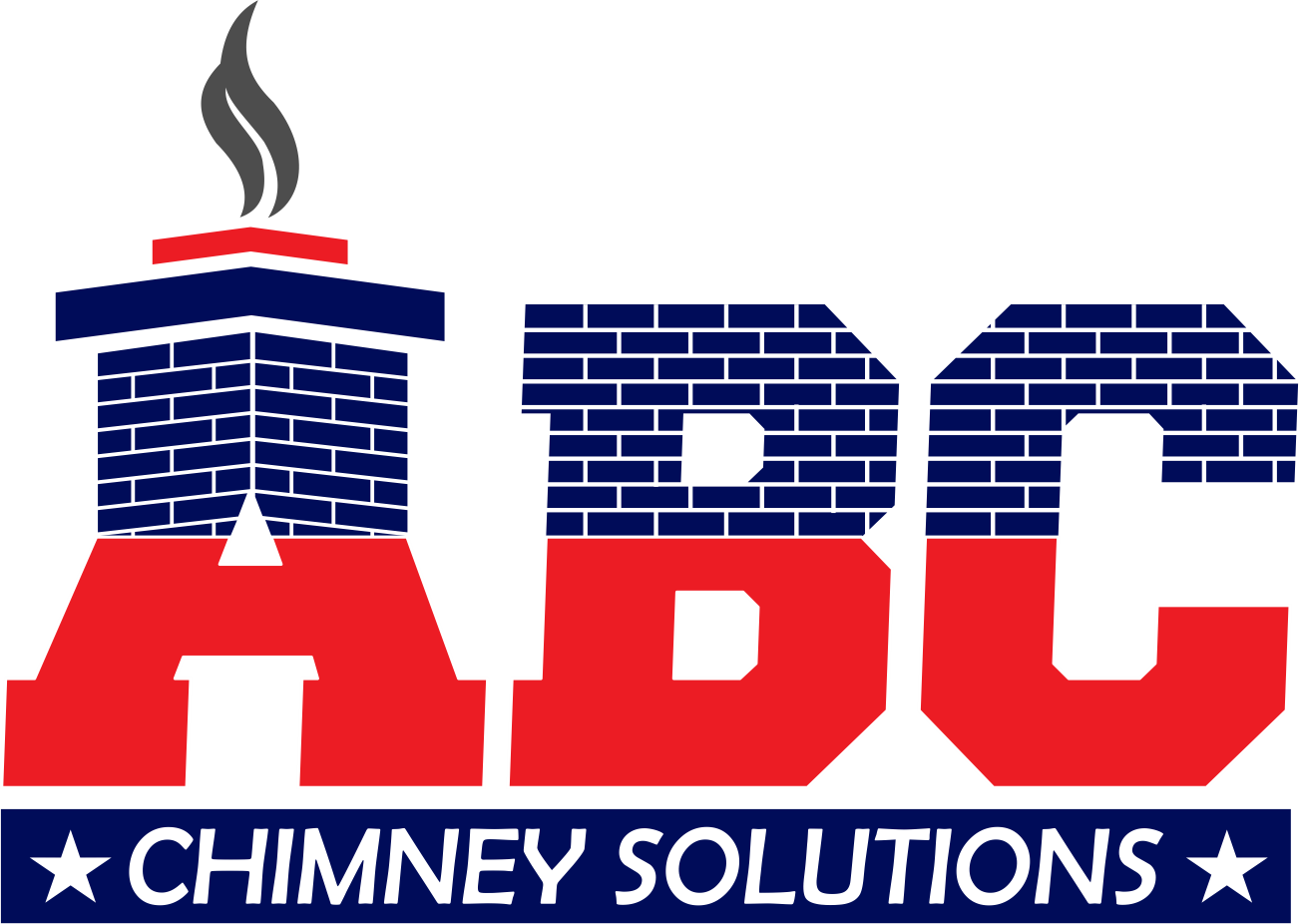We all know that regular chimney maintenance keeps your home safe—but did you know it can also help with your home insurance? That’s right! Many insurance companies want proof that you’re taking care of your fireplace and chimney. Why? Because a clean, safe chimney means fewer risks—and that’s something insurance providers care a lot about.
In this post, we’ll break down why annual chimney maintenance matters, how it helps with home insurance, and what you can do to stay on top of it. Don’t worry—we’ll keep it simple and easy to follow.
1. Home Insurance Is All About Risk
Insurance companies are in the business of risk. The more risk your home has (like the chance of a fire), the more your policy might cost—or worse, the harder it could be to get coverage at all.
Fireplaces and wood stoves are considered higher-risk heating systems. In fact, the National Fire Protection Association (NFPA) reports that heating equipment is involved in about 1 in 7 home fires, and chimneys are a major part of that.
That’s why insurance companies often require proof of regular chimney inspections and maintenance. It’s their way of making sure your home isn’t a fire hazard.
2. Annual Maintenance Can Be a Requirement
Did you know that many home insurance policies include fine print about chimney care?
Some insurers require an annual chimney inspection—especially if you use your fireplace or wood stove regularly. Others may want documentation showing your chimney has been cleaned or checked by a certified professional.
If you don’t follow these rules, your coverage could be affected. That means:
-
Claim denial if a chimney fire causes damage
-
Higher premiums if your home is flagged as high risk
-
Non-renewal of your policy in some cases
Bottom line: annual chimney maintenance can help keep your insurance policy in good standing.
3. It Can Make Filing a Claim Easier
Imagine this: A chimney fire damages your home. You call your insurance company to file a claim. The first thing they ask? “Do you have maintenance records?”
If you can show that your chimney was inspected and cleaned within the last year, you’re in a much better position. You’ve done your part as a homeowner, and the insurance company is more likely to honor the claim.
On the other hand, if your chimney hasn’t been touched in five years… well, they might argue that neglect played a role, which could reduce your payout—or cancel it altogether.
4. You Might Even Get a Discount
Here’s some good news: some insurance companies offer discounts for preventative maintenance. If you regularly maintain your chimney and can provide documentation, your insurer might reward you with:
-
A lower premium
-
Fewer rate increases over time
-
A reputation as a “low-risk” homeowner
Not all companies do this, but it’s always worth asking. Showing that you care about home safety can only help.
5. Reduces the Risk of a Major Incident
Insurance aside, let’s not forget the most important reason for chimney maintenance: safety.
Here’s what annual maintenance helps prevent:
-
Chimney fires (caused by creosote buildup)
-
Carbon monoxide leaks (from blockages or cracks)
-
Water damage (from poor seals or flashing)
-
Animal nests and debris (which can clog the flue)
According to the Chimney Safety Institute of America (CSIA), just 1/8 inch of creosote is enough to catch fire. And over 25,000 chimney fires happen in the U.S. each year—most of them avoidable with regular maintenance.
Avoiding these risks not only protects your family, but also keeps your home in good standing with your insurer.
6. What Counts as “Proper Maintenance”?
To stay compliant with most insurance companies, chimney maintenance should include:
✅ An annual inspection by a certified chimney sweep
✅ Cleaning as needed (usually once a year, or more with heavy use)
✅ Documentation or receipts showing the work was done
✅ Repairs if damage or buildup is found during inspection
Look for technicians certified by the CSIA (Chimney Safety Institute of America) or NFI (National Fireplace Institute)—most insurers recognize these certifications.
7. What if You Don’t Use Your Fireplace Often?
Even if you rarely use your fireplace, you’re not off the hook. Here’s why you still need an annual inspection:
-
Animals might nest in your chimney
-
Moisture can cause cracks or mold
-
Your insurance company still might require it
-
Damage can build up over time, even without regular fires
Think of it like a car—you still get oil changes even if you don’t drive much. Same idea.
8. Tips to Stay on Track
Keeping up with chimney maintenance doesn’t have to be hard. Here’s how to stay organized:
-
📅 Schedule your inspection at the same time each year (late summer or early fall is best)
-
📂 Save your service receipts and reports in a folder or email file
-
📞 Ask your insurance agent if chimney maintenance is required for your policy
-
✅ Use certified pros to ensure everything is up to code
By doing these simple things, you’ll always be ready in case of a claim—or an inspection by your insurance company.
Final Thoughts
Taking care of your chimney isn’t just about staying warm in the winter—it’s about protecting your home, your loved ones, and your wallet.
Annual chimney maintenance:
✔ Helps prevent fires and carbon monoxide leaks
✔ Keeps you in line with home insurance policies
✔ Can make filing claims easier and faster
✔ Might even save you money on your premium
So if you haven’t had your chimney checked in the past year, now’s the perfect time. Call a certified pro, get your inspection done, and rest easy knowing you’re doing the right thing for your home—and your insurance.
